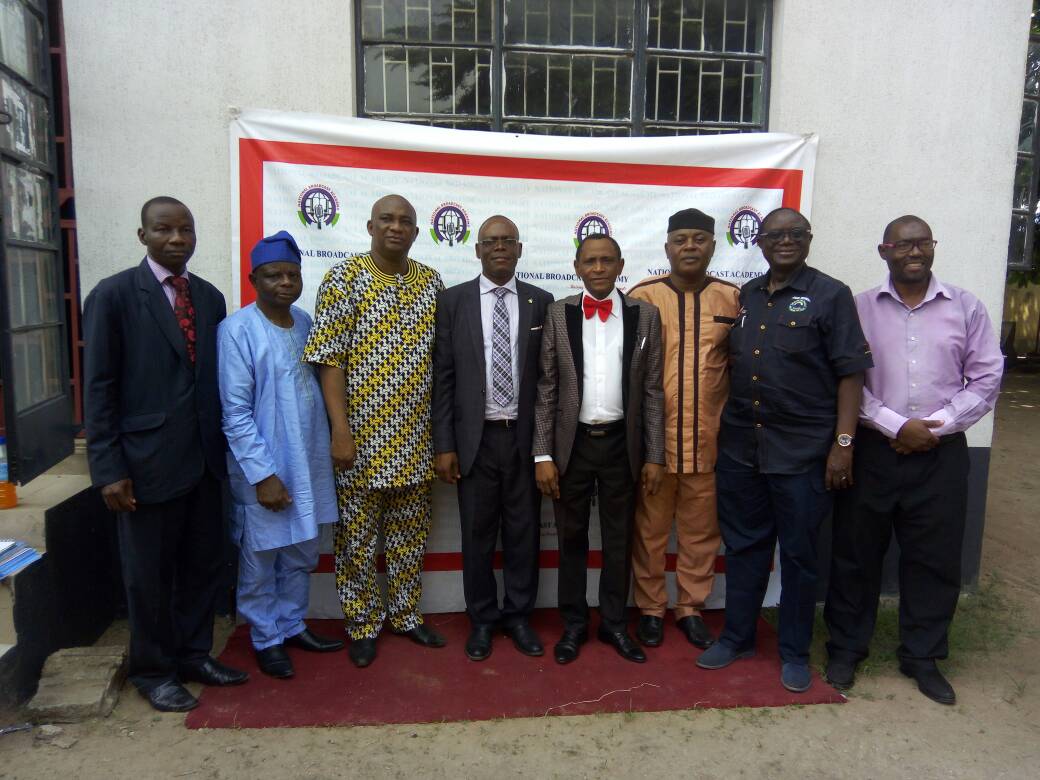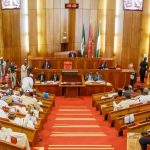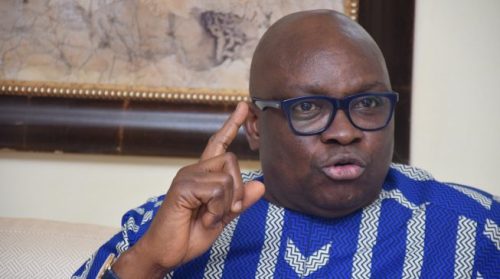Broadcast Academy: The kudos, the knocks

History of Broadcasting in Africa will remain incomplete without the mention of an institution which stood as a melting pot for capital development in the broadcast industry.
The National Broadcast Academy which started as the training arm of the first indigenous and Federal owned broadcast establishment, Radio Nigeria owned by the Federal Radio Corporation of Nigeria was established over 60 years ago.
As a melting pot, National Broadcast Academy had been, and still remains the centre of friendship, learning, and leadership qualities acquisition.
Over the years, the likes of Sunny Erabor, Veteran Broadcaster and CEO of Channels Television were college mates at the proud National Broadcast Academy.
Renowned broadcasters and broadcast journalists always love to refer to their Alma matter – the National Broadcast Academy, as the “University of Shogunle!”; this is because way back in 1957 when the school was established, the only known community in that entire area of Lagos was the Shogunle community.
Shogunle was very popular because of its contrasting phenomenon to the now popular Ikeja Government Reservation Area (GRA). Whereas Ikeja GRA houses the high and mighty on the right hand, Shogunle which is on the left side of Ikeja was a slum of a sort.
However, the National Broadcast Academy, though still small to this day, is still referred to as Shogunle, though no longer directly situated on today’s Shogunle community.
It is precisely the first major property located on Adekunle Fajuyi way, hence its number is accorded No. 1A, Adekunle Fajuyi way.
The Director, National Broadcast Academy, Engr Ajibola Abiola recalled in retrospect: “When I came on board, I had to do a lot of rebranding so that people can know that the school has got a new image very different from what it used to be before.
“After the rebranding, a lot of institutions wanted to identify with us.
We have collaborated with the United Nations Office on Drugs and Crimes (UNODC), the University of Ibadan and other agencies to train journalists on how to report flooding, environmental issues and others so that the masses can be properly enlightened,” he recalled with nostalgia.
Christopher Ebidualayefa, a student at the academy said he first heard of the academy on Facebook. “It is an institution that covers all aspects of broadcasting. It feels good to be here.”
Alumni of the school, Nancy Itohan, added, “I had great expectations going to NBA, and my expectations were met. I learnt a lot and I have become a better presenter.”
Broadcasting and media have a critical role to play in the development of a nation. No doubt, the academy is living up to its name, mission, and standard already attained in raising broadcast professionals. There is, however, a flipside to every success story:
“When you walk into the broadcast school, the environment doesn’t really impress you,” said Jennifer Obuseh, a student reading presentation. “But like the saying, “Never judge a book by its cover.”
Former student, Glory Brown, frowns at the state of the school and said government should upgrade some basic structures in the school. “Really, Government should improve the academic structure and make classes more conducive for learning.”
Stakeholders agree with her that the prestigious institution deserves more attention than it is getting from the government, management, and those who had benefitted from the premier broadcast training institution.
Media is the engine room of a nation’s image making and public enlightenment.
With the ease and convenience that digital technology brings, more youths have become media entrepreneurs through online journalism, Radio, Television, YouTube channels, and other social networking sites and apps.
But there are rules which the growing media population is oblivious of: National Broadcast Academy serves as a breeding ground for media professionals and it has to keep pace with the developments in the progressive world of digital technology.
To achieve this, Deputy Director (Academics) and lecturer at the Academy, Mr. Ayodele Aliyu, said more funds should be provided to equip the institution with more laboratories, studio equipment.
“There is need to at least expand the infrastructure such as classrooms, library, halls of residence, as well as other community services,” he said.










